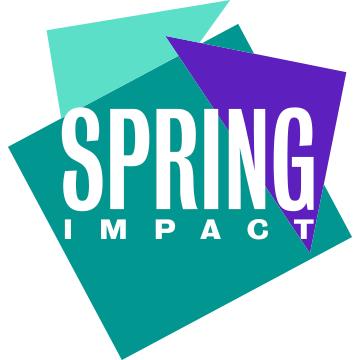We have now come to the end of our first Scale Accelerator Programme. Over the past nine months, the team have been supporting 11 different social ventures from across the UK. Each programme participant underwent a rigorous selection process; initially nominated by one of their funders and then assessed by us against our Replication Readiness criteria. This meant we ended up with a cohort of some of the UK’s most replicable social ventures working on a range of social issues including; homelessness, domestic violence, disability and youth leadership.
I have personally learnt a lot from the participants on the programme; developing my expertise in the UK commissioning and funding environments as well as gaining an insight into some of the most innovative solutions to the UK’s key social problems. Supporting the delivery of the programme also made me think about some of the key challenges and success factors required for scale:
Motivations to scale
One of the first questions we asked our participants was why they wanted to replicate their social venture and several participants explained they needed a way to meet existing demand. They had previously been approached by other organisations who wanted to deliver their project and our participants were looking for a systematic and strategic way to share their model. From our perspective, demand from potential delivery partners is a good indicator of scalability and helped focus the design of the model on an existing market.
Other motivations were around sustainability. Throughout the design process, our participants highlighted the need for them to collaborate with other organisations working in the same sector. Both the funding and commissioning environments are encouraging organisations to think creatively about how to collaborate and so several of our participants have chosen models where they will have the chance to bid for contracts jointly with their implementers, making their models sustainable in the long term.
Staff capacity
Developing a strategy and plan to scale isn’t an easy process. Our structured approach to considering different replication requirements and the external market provided our participants with a clear process to develop the model. However, the process is intensive and our participants still needed significant time and headspace to develop the strategy.
In the nonprofit sector, where pressures on staff capacity are an overarching theme, adequate staff capacity may pose a real challenge to otherwise replicable social ventures. Our Replication Readiness test asks for a clear project owner, but having supported our participants through the programme, I would stress that the project owner needs the capacity to focus on developing and then delivering the replication model. This means that replication needs to be a priority project for the organisation.
Over the next few weeks, we are carrying out a thorough evaluation of the Scale Accelerator Programme to bring out more key lessons around scale and to understand how we can develop the Programme for next year’s cohort. We will bring out a report in August publishing our key findings so watch this space!

